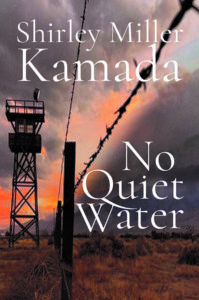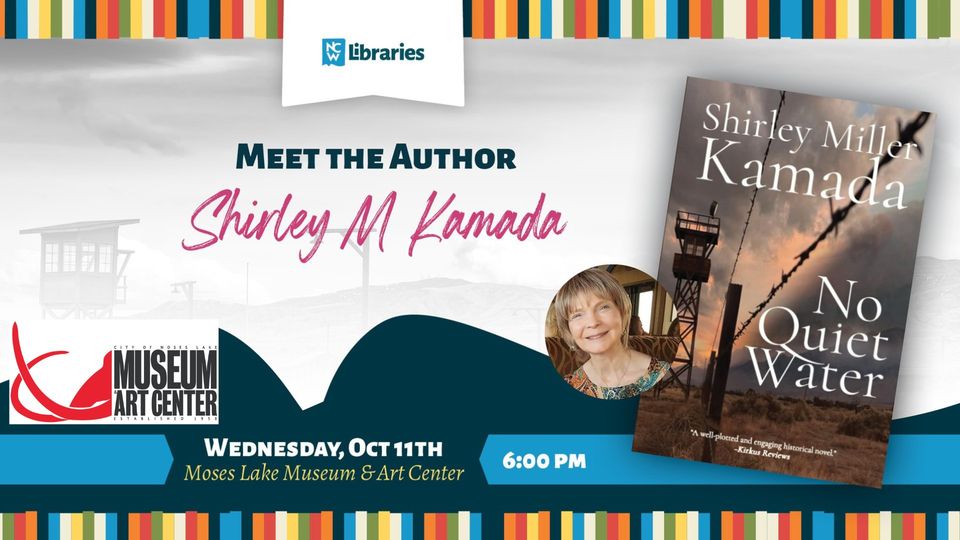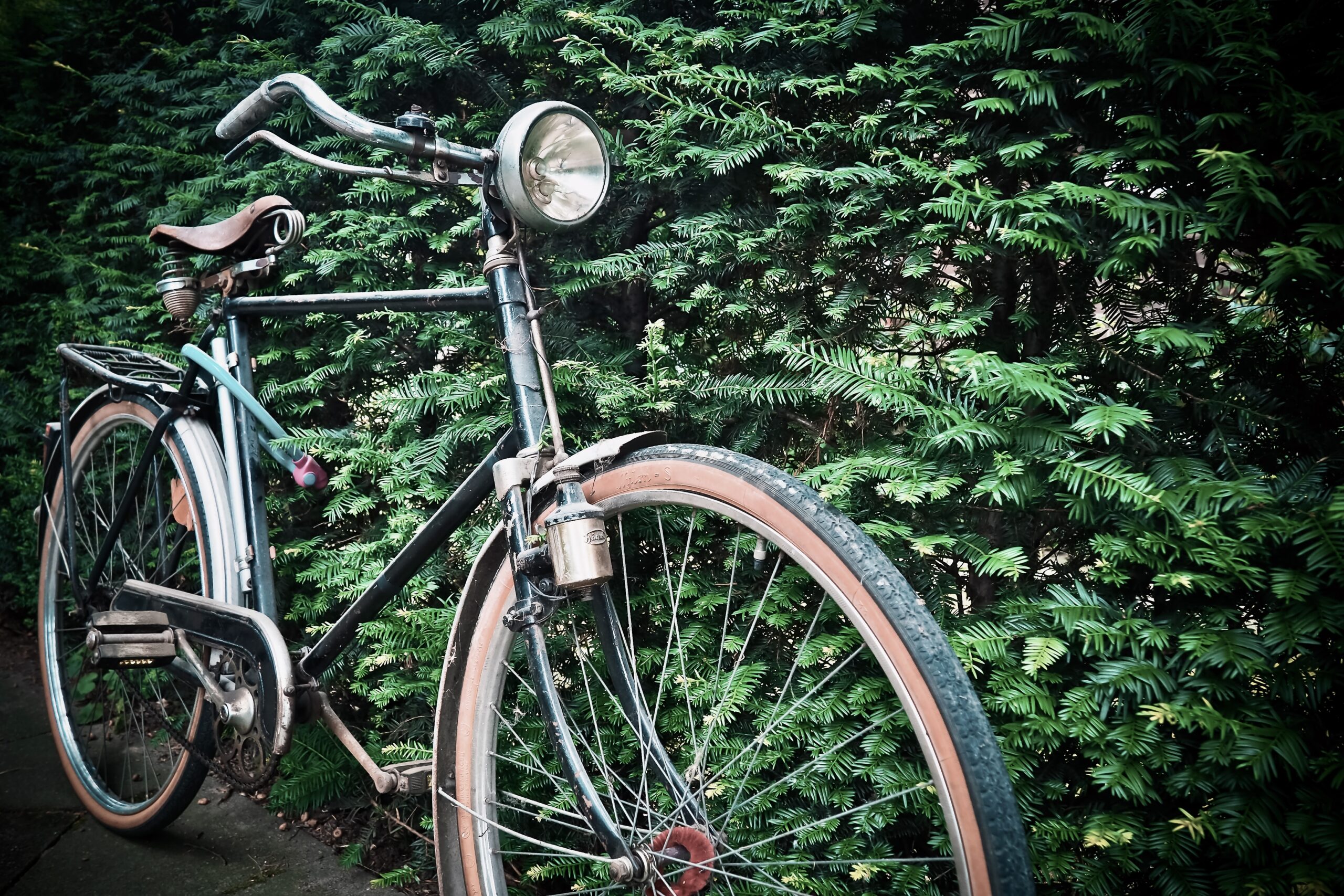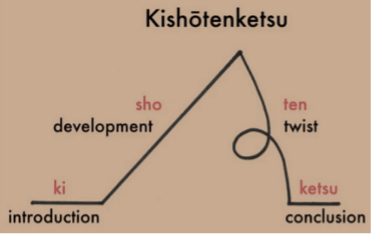Date: Wednesday, October 11, 2023
Time: 6 P.M. – 7 P.M.
Location: Moses Lake Museum and Art Center
 Sponsored by Moses Lake Public Library, Author Shirley Miller Kamada will read from and share thoughts about her historical novel, No Quiet Water, in a presentation open to the public.
Sponsored by Moses Lake Public Library, Author Shirley Miller Kamada will read from and share thoughts about her historical novel, No Quiet Water, in a presentation open to the public.
I’m looking forward to this wonderful opportunity to introduce my debut novel and to talk with the people of my new hometown. My husband Jimmy and I moved to Moses Lake about six years ago. We were attracted to the lake (we both fish), the area’s agricultural identity (I grew up on a small farm in Colorado), and the town itself, which is just the right size. Jimmy grew up in Seattle, and we both love Grant County’s broad vistas and spectacular skies.
About No Quiet Water: Despite the fact that two generations of the Miyota family are American citizens, after the U.S. declares war on Japan in 1941, Fumio and his parents and sister Kimiko must pack meager belongings and are transported under military escort to the California desert to be held, first, at Camp Manzanar and, later, at Idaho’s Camp Minidoka, leaving their good friends and neighbors the Whitlocks to care for their farm and their dog, Flyer.
No Quiet Water is a family-oriented story. The suggested independent reading level is middle grades through adult. The Miyotas show respect within their intergenerational household and are considerate of others. Raised on a farm, Fumio Miyota is used to working hard. There are no portrayals of violence, however, the fact that people could be forced from their homes having done nothing wrong might be worrisome. For younger readers, the story is well-suited to being shared in a setting where concepts might be discussed.
Jan Thacker, author of Montana Legacy and – launching soon – The Bruising House, has written concerning No Quiet Water, “I love this book. I love the intricacy of it, the unveiling of human emotion and the in-depth revelation of the foibles and goodness of mankind. I savored the dignity and honor of the Japanese people and their adherence to these characteristics in the face of abject adversity. I admired their ability to find joy in the midst of heartache and their ingenuity and ability to make do with so little – and their willingness to share with others. Truly, this isn’t a book filled with despair, but what despair there is, is overshadowed with peace and joy and the ability to find happiness in an unhappy situation.”
My thanks to the Moses Lake Public Library and Moses Lake Museum & Art Center.
I’d love you to see you all at The Center!



